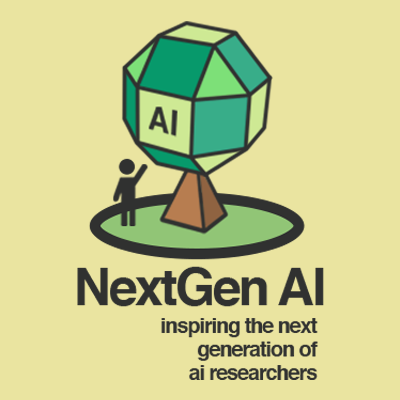
Keith Anderson, colleagues identifying, measuring care of older adults in facilities
by Edwin Smith
A University of Mississippi professor is researching ways to improve care and outcomes for people living with Alzheimer’s disease and dementia.
The Alzheimer’s Association and Brain Canada Foundation are funding the study with a $25,000 grant that runs through February 2026. Keith Anderson, chair and professor of social work, is leading the study and working with Tina Sadarangani, assistant professor in the New York University Rory Meyers College of Nursing.
The two researchers have previously published research on Alzheimer’s disease and related dementias.
“From our previous research, we learned that outcome data collection in adult day services was limited in terms of scope and breadth,” Anderson said. “Existing outcome measures do not include person-centered outcomes that focus on the older adults’ values, perspectives and strengths.”
Sadarangani said she and Anderson hope to identify the aspects of care in adult day centers that matter most to people in these centers through qualitative interviews. They then will work with experts across the country to evaluate these using validated outcome measures.
“As researchers in long-term care, we know that one of the best therapies we can offer people living with dementia and their families is adult day services, also known as adult day care,” she said. “However, only in the last few years, thanks to Dr. Keith Anderson, have we begun to measure quality of care for people with dementia in adult day centers.
“This will allow us to hold adult day centers to the highest standards of care that reflect the values and priorities of people with dementia.”
Goals of the project include:
- Gaining a better understanding of the outcomes most important to older adults with Alzheimer’s disease and related dementias, or ADRD, who use day services
- Finding valid measures that capture the most important outcomes for older adults with ADRD who use day services
- Adding these person-centered outcome measures to an existing data collection system to learn more about feasibility and impact of day services on the lives of older adults with ADRD.
The project focuses on the recognition and application of assistance for older adults with dementia using adult day services.
“Not only will this work benefit older adults with dementia, but we believe that it will also benefit family caregivers and adult day service providers,” Anderson said. “While adult day services are beginning to systematically collect outcome data on a national level, existing outcome measures tend to focus on problems.
“Person-centered outcomes focus on values, preferences and strengths. We believe that these are what matter most to people living with dementia and their family caregivers.”



